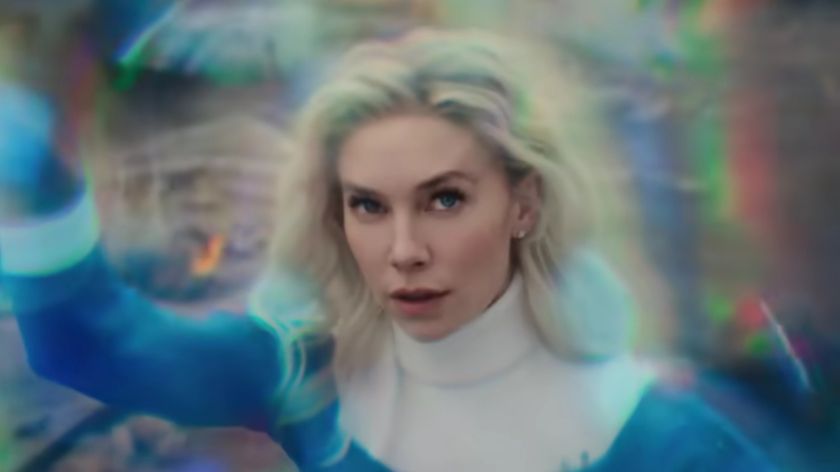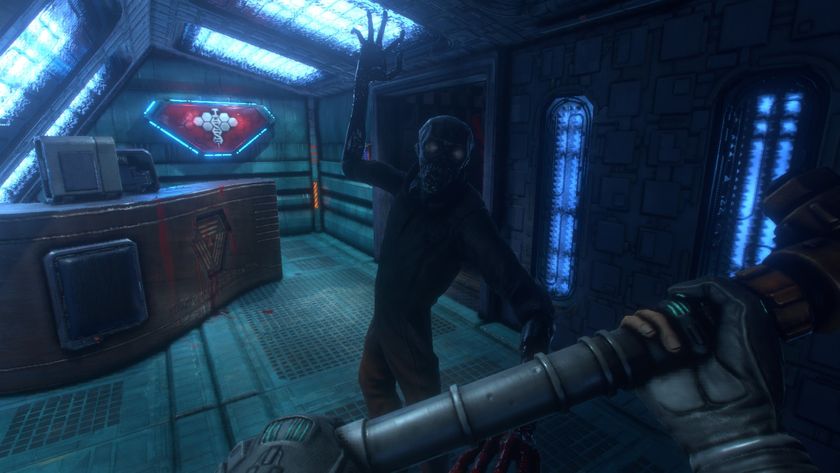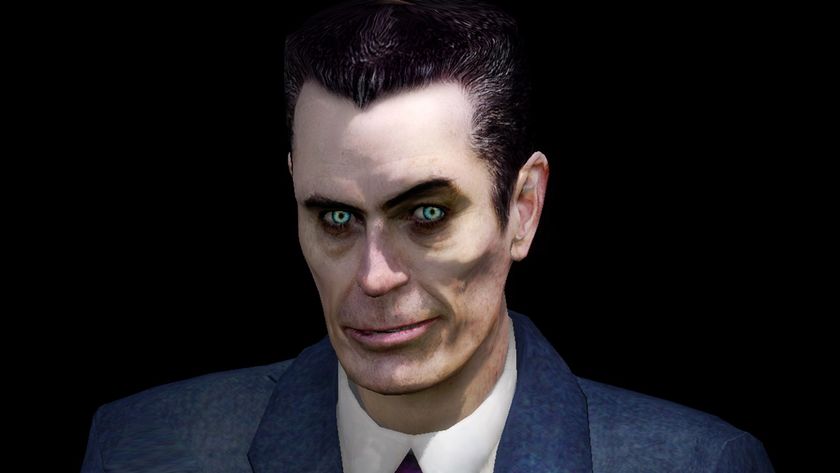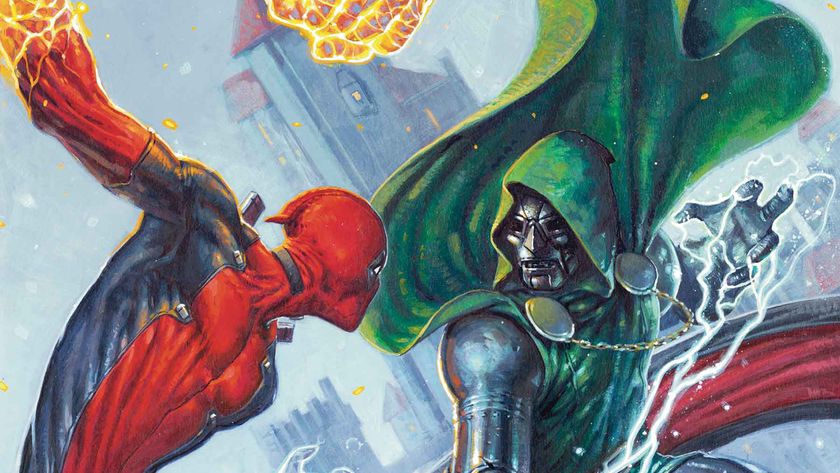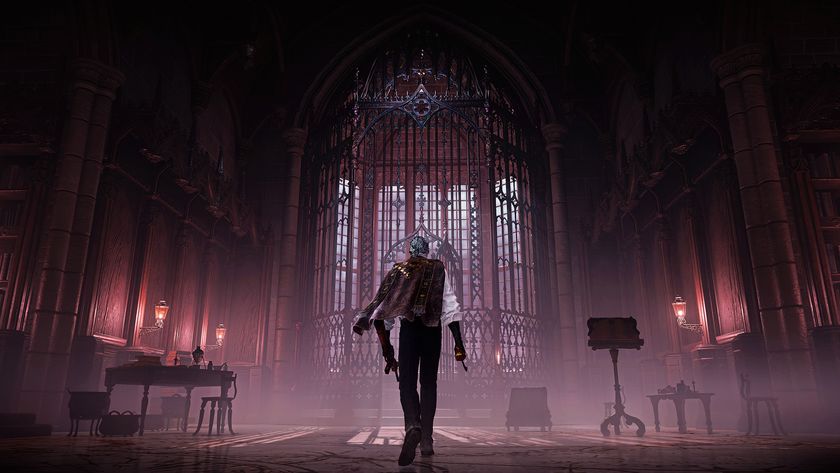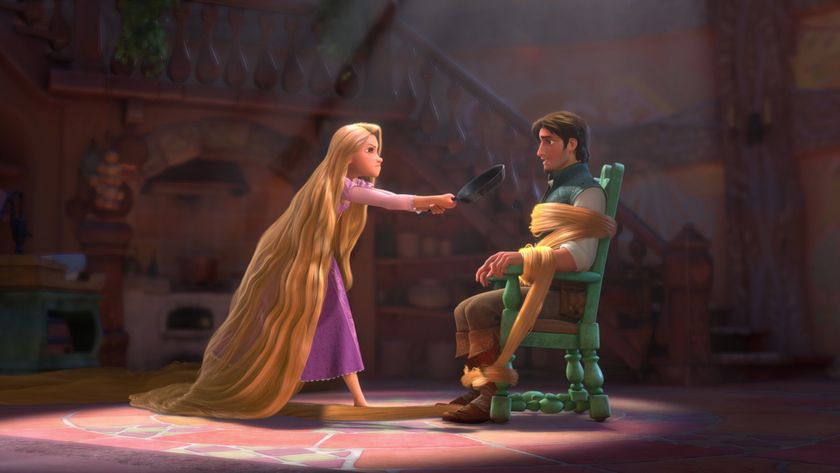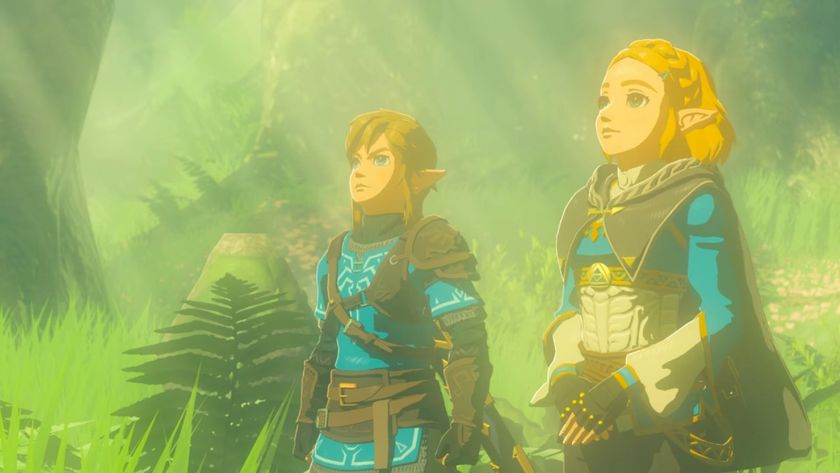EXCLUSIVE Showrunners Extract Featuring Joss Whedon
Take a look at the upcoming new book from SFX US Editor Tara Bennett.
Joss Whedon and Jane Espenson talk web series in extract from new book...
A decade or so ago, the average person on the street would have looked at you blankly if you said you were a showrunner. These days that's all changed, as the people who make our favourite TV shows have become superstars in their own right – telly's answer to the filmmaking auteur.
Showrunners: The Art Of Running A TV Show by SFX's very own Tara Bennett takes a look at the art of running a TV show, speaking to some of the biggest names in the business including Lost 's Damon Lindelof, Battlestar Galactica 's Ronald D Moore and the one and only Joss Whedon. Here, in an exclusive extract from the book, Joss Whedon and fellow Buffy writer Jane Espenson talk about the growth web series...
WEB SERIES
In 2008, Joss Whedon became one of the first showrunners to experiment with the Internet as a conduit for original programming. Born out of the WGA writers’ strike, and seeing the importance of new media, Whedon created the three-part musical Dr Horrible’s Sing-Along Blog . It proved that fans would respond to niche programming that didn’t fit on cable or broadcast television, and that a profit could be made. Whedon has yet to create the sequel or return to this exact model of content creation, but he’s still experimenting with collaborations with sites like Vimeo, and video on demand, to get his programming right to his fanbase.
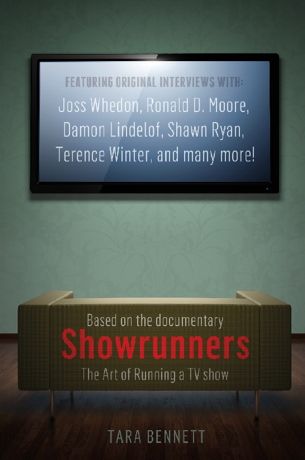
JOSS WHEDON: I love the Internet for very different reasons. To put a show on the Internet, the return on that is such that it would have to be something very tiny. There are opportunities to do things that are serialized, but on a smaller scale, that I’m very interested in pursuing. But television is its own thing. One of the things about that that was fun for us, was that we wanted to make a television event in the way that they don’t exist anymore. We stream it for free on this day, this day, this day, because, there was a time when it was like, “Ooh, Lonesome Dove is on. It’s a big deal and this is an important night. We all sit around and watch it.” The idea of appointment Internet was really exciting to me because that’s what I grew up with. You make the time. You clear the desks, you finish dinner, you rush to the room, you all gather. The fact that that’s old fashioned now is hilarious.
The only thing I can say about what’s to come is that there’s going to be a hilarious series of misfires, because right now what the Internet is capable of providing is growing. What TV is capable of holding onto is shrinking, but they haven’t met in the middle in any significant way. I think ultimately what we’re going to see is both entrenching and reaching. The idea of a TV season has already sort of disappeared. Things just start and stop when they do, and then people find them the ways that they do. I think we’ll be able to take some more chances in certain ways because the [concept of ] 22 episodes—it’s got to be this order, and you get 100 of them, and then you get syndication—that’s all changing, which frees up the networks a little bit to say, “Well, let’s try something a little funkier.”
At the same time, they’ll want to batten down the hatches and churn out the most dead-headed sitcom they possibly can. Not in the brilliant dead-head fashion, but in the having people’s heads being dead. They’ll want to churn out just pap to make sure that people keep coming for that kind of thing. I think it’s less difficult for original voices to break out in TV than it ever has been. It’s still hard. Everybody who has a show that worked, and maybe it’s the first show they ever created, they’re going to tell you the horror that it was getting that first show on the air.
Sign up to the SFX Newsletter
Get sneak previews, exclusive competitions and details of special events each month!
JANE ESPENSON: When we started [the web series] Husbands , my first thought was: we put this up on the web, we demonstrate there’s an audience for this, and then TV will want it. Now I realize, why would we want to go there when we’ve demonstrated there’s an audience for it right where it is? We can do it in a way where we don’t have bosses saying how we do it. We can do it in the way the consumer most wants it, get it directly to them, and they can help us fund it. Why wouldn’t TV end and this new thing start? It’s not just that the connection between the creator and the viewer is more direct; it’s that the line between creator and viewer disappears. I’m both the viewer and the creator. They’re both the viewer and the creator. Sponsors can get involved because their products are both paying for and are featured in all of the same bits of entertainment. Now there’s money in this circle so it can keep going. It’s really going to turn into something quite wonderful, I think. It’s happening as we speak; every week the medium is changing.
Showrunners is published by Titan Books on Friday 5 September.
Richard is a freelancer journalist and editor, and was once a physicist. Rich is the former editor of SFX Magazine, but has since gone freelance, writing for websites and publications including 12DOVE, SFX, Total Film, and more. He also co-hosts the podcast, Robby the Robot's Waiting, which is focused on sci-fi and fantasy.

Doctor Who showrunner Russell T Davies reassures fans that this season's "standalone" Ruby Sunday episode does feature "lots" of the Doctor unlike '73 Yards', as star Ncuti Gatwa calls it his favorite

Liam Neeson is beating up bank robbers while wearing a skirt in first trailer for The Naked Gun reboot from The Lonely Island director
